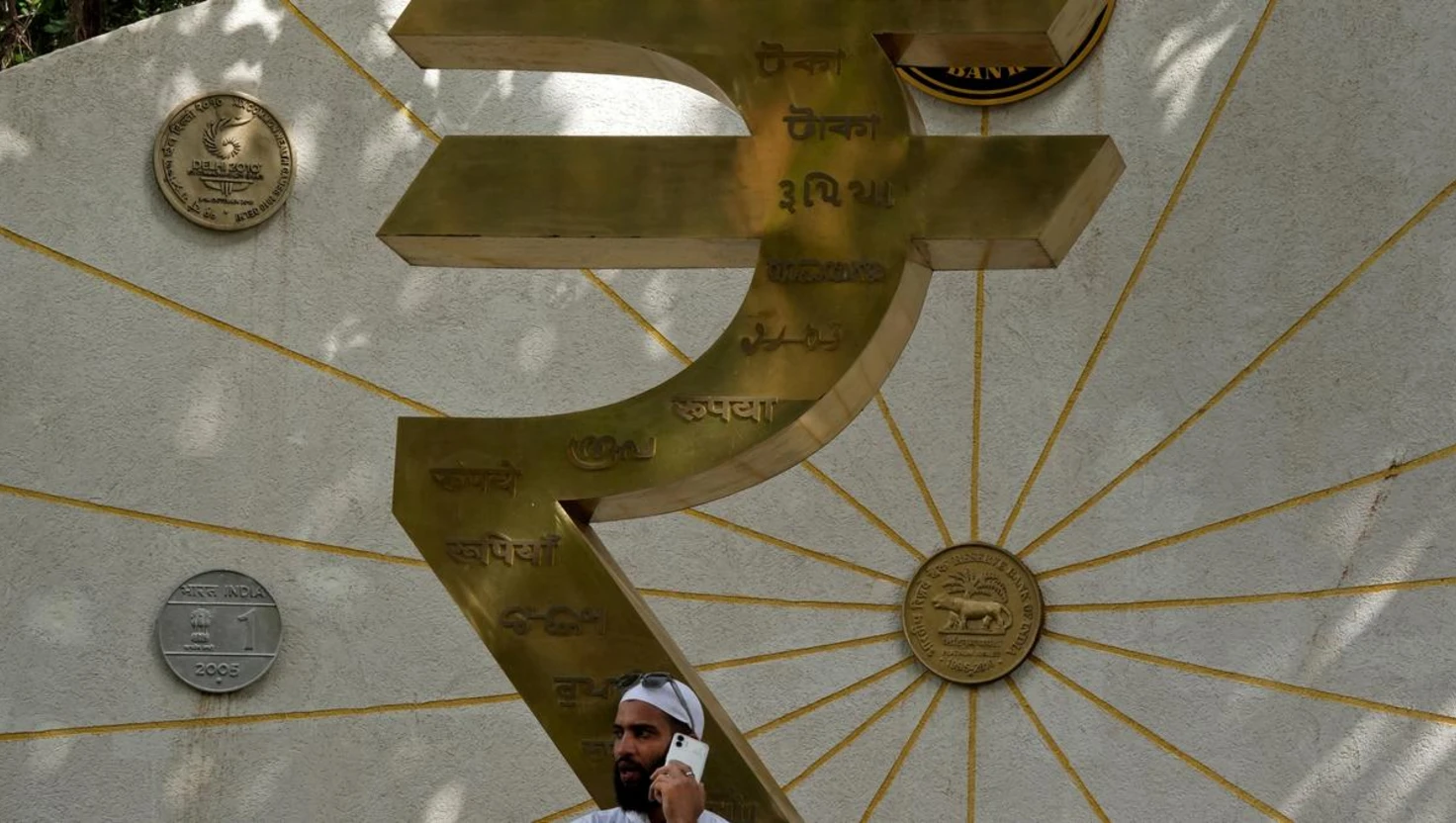Tata Group officials meet Amit Shah, Nirmala Sitharaman amid boardroom trouble at Tata Trusts and Tata Sons
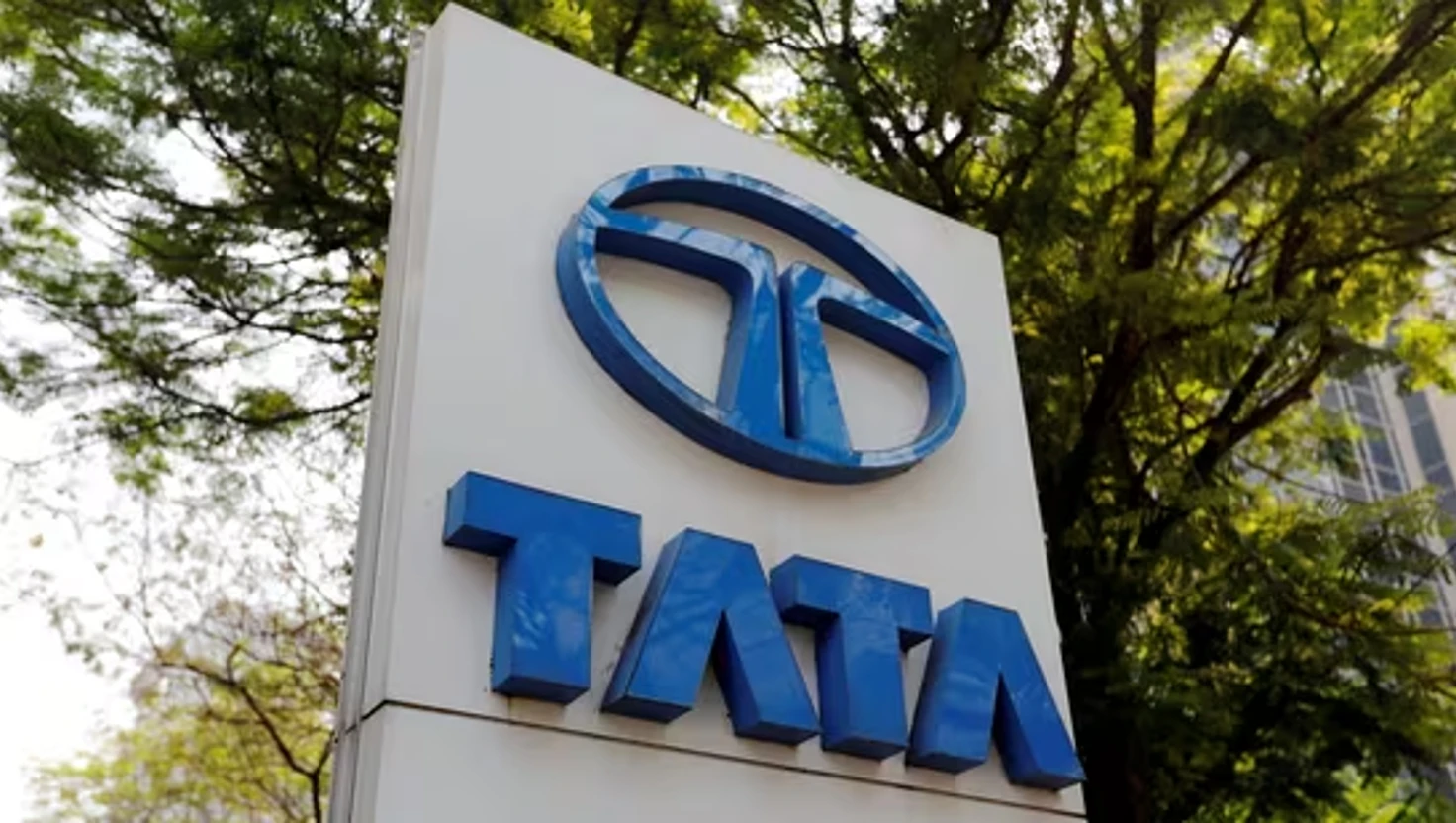
Top executives of Tata Group engaged in discussions with senior Indian government officials in New Delhi on Tuesday, amid a governance crisis within one of the country’s largest conglomerates. This meeting included prominent figures such as Noel Tata, Chairman of Tata Trusts, and Natarajan Chandrasekaran, Chairman of Tata Sons.
The discussions came against a backdrop of an ongoing internal conflict involving the trustees of Tata Trusts, primarily concerning board appointments and issues of corporate governance. Sources indicate that the government is concerned about the potential implications for the broader business environment in India if these internal disputes remain unresolved.
Internal Dispute at Tata Trusts
Reports indicate that Tata Trusts, which holds around a 66% stake in Tata Sons, is experiencing a significant division among its trustees. One faction aligns with Noel Tata, while another group, led by Mehli Mistry, alleges a lack of transparency in key decision-making processes. This discord has raised questions about the future stability of Tata Sons, which oversees approximately 400 companies, including 30 publicly traded entities.
According to an insider, "The core issue at hand is whether a singular individual can exert control over such a significant entity for the nation's economy." There's a shared concern that infighting within Tata Trusts may have cascading effects on Tata Sons and its various operations.
Recent Developments
The boardroom tension heightened following the removal of former Defence Secretary Vijay Singh from the Tata Sons board during a contentious meeting on 11 September. This decision reportedly had substantial backing from four of the seven trustees, led by Mehli Mistry.
Mistry’s faction has expressed frustration about not being informed regarding several significant developments related to Tata Sons. Despite his removal from the board of Tata Sons, Singh remains a trustee at Tata Trusts, which adds another layer of complexity to the ongoing situation.
The Role of the Government
The Indian government, through its highest echelons, is closely monitoring these developments. Sources suggest that officials are eager to prevent any further escalation in the discord, indicating that the government cannot afford to remain a passive observer in what some term a "coup attempt" within Tata Trusts. The current crisis is viewed not only as an internal issue but also as one that could potentially disrupt the operations of Tata Group at large, which has a significant impact on the Indian economy.
Concerns have been raised about the apparent overreach by some trustees, who allegedly sought to engage in actions typically reserved for the board of Tata Sons, which raises questions about governance lapses. One insider remarked, "It is essential to maintain a clear separation of roles and responsibilities between Tata Trusts and Tata Sons. Any misalignment could undermine the leadership of Noel Tata and pose risks for the organisation."
Looking Ahead
A crucial board meeting for Tata Trusts is scheduled for 10 October, during which it is expected that the trustees will address governance issues and board member appointments. The outcome of this meeting may play a pivotal role in defining the future trajectory of Tata Sons and its related enterprises.
As discussions continue, the broader ramifications of these internal disputes could extend beyond the confines of the Tata Group. Analysts note that any unrest in such a prominent corporate entity could reverberate throughout India's business landscape, with potential implications for corporate governance practices across the country. The situation remains fluid, and stakeholders from both Tata Trusts and Tata Sons are urged to engage in dialogues aimed at fostering stability.
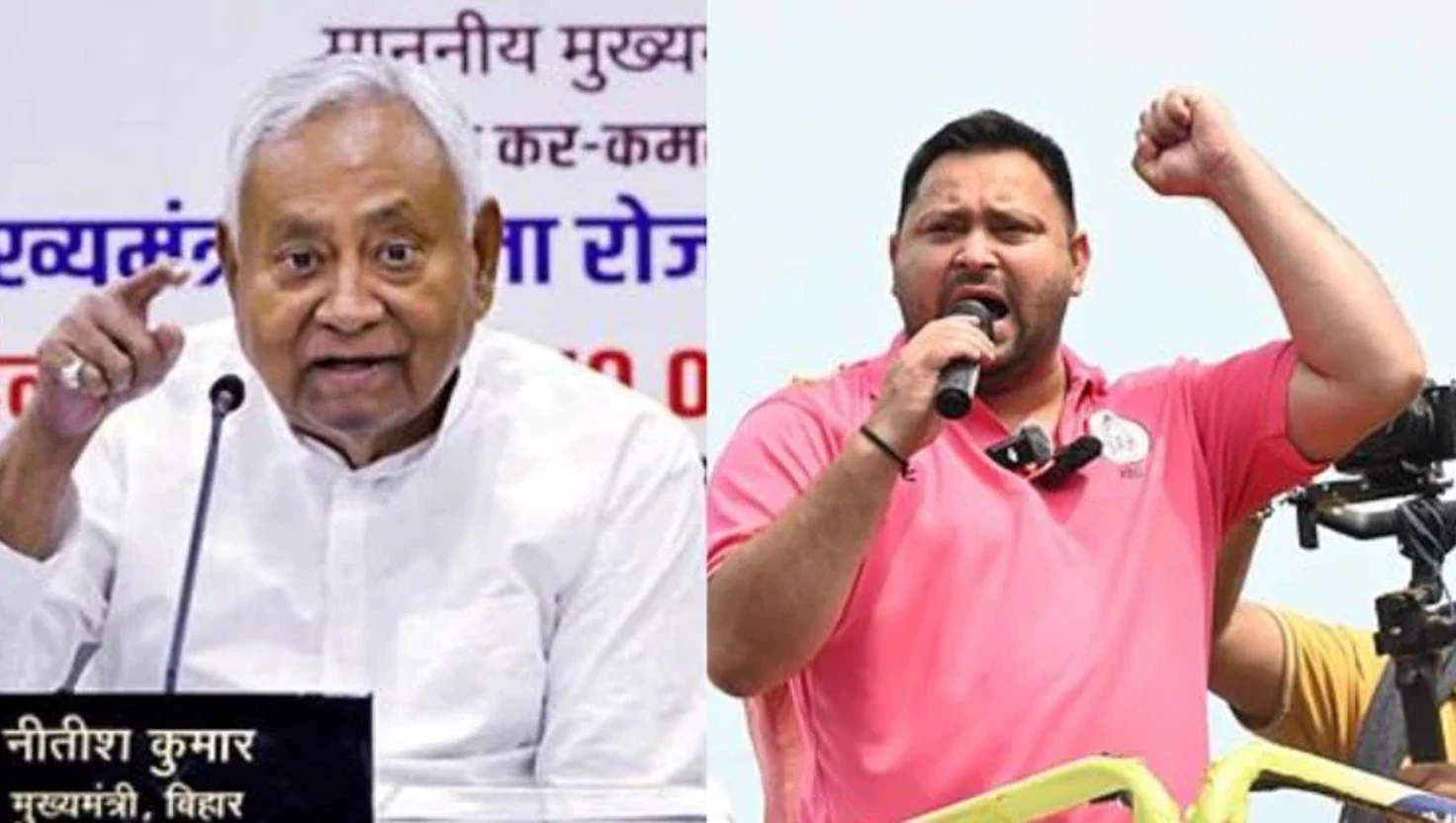
Bihar Assembly Election on November 6 and 11, counting of votes on 14th November
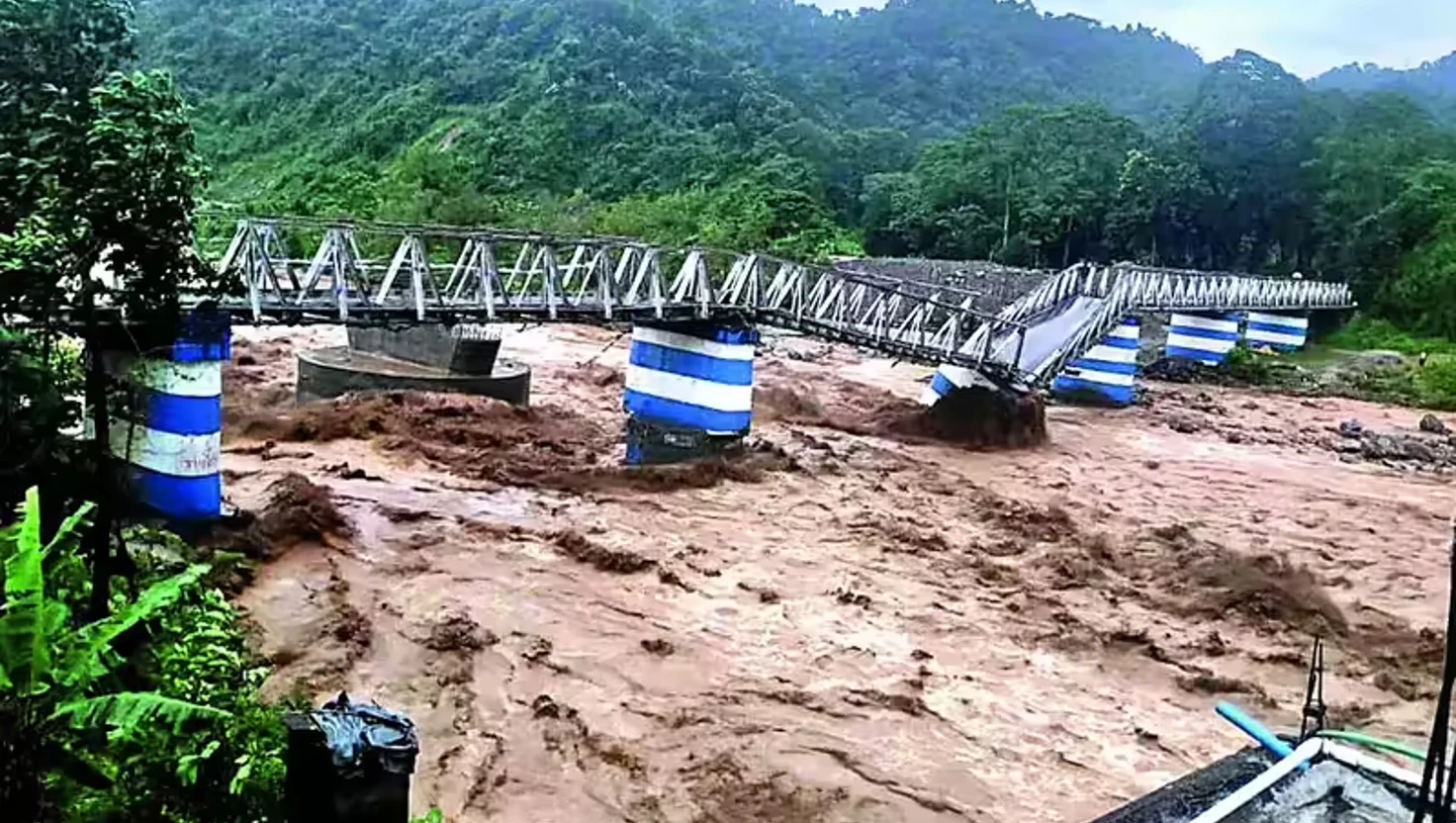
28 killed in Darjeeling landslide, 52 die in Nepal floods
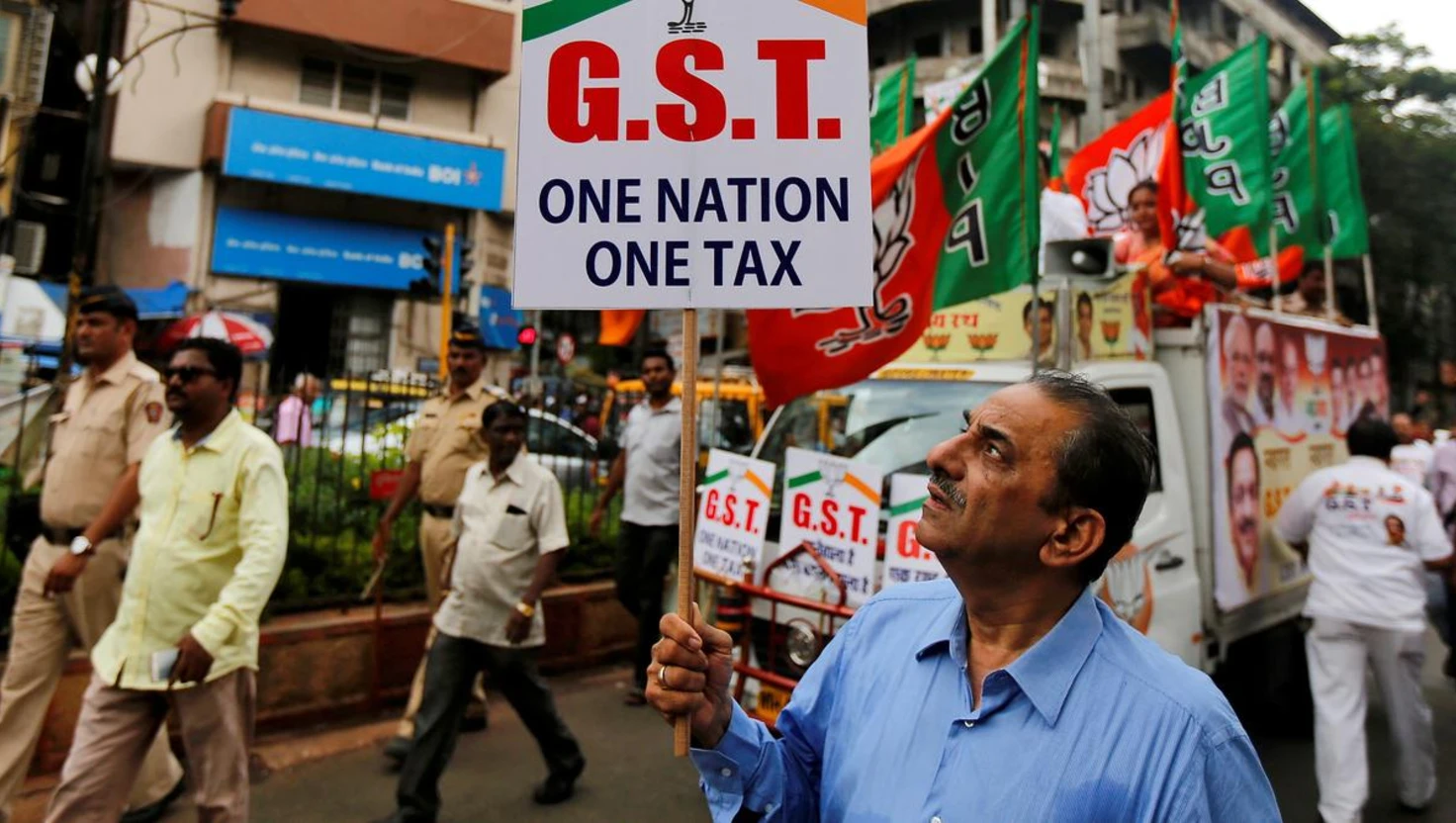
India's GST Collections Rise 9% to ₹1.89 Lakh Crore in September
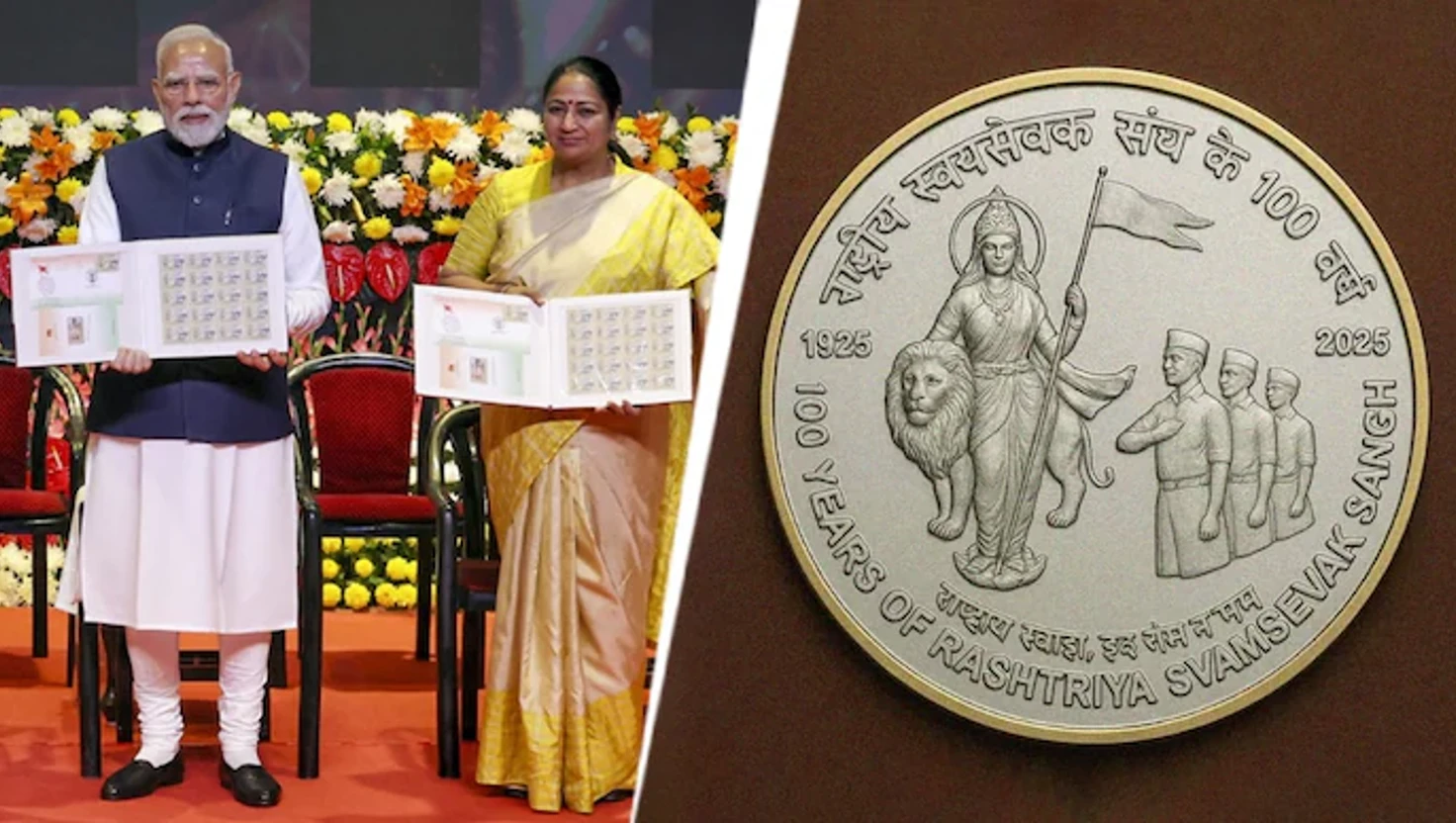
PM unveils Rs 100 coin featuring Bharat Mata on currency for 1st time
